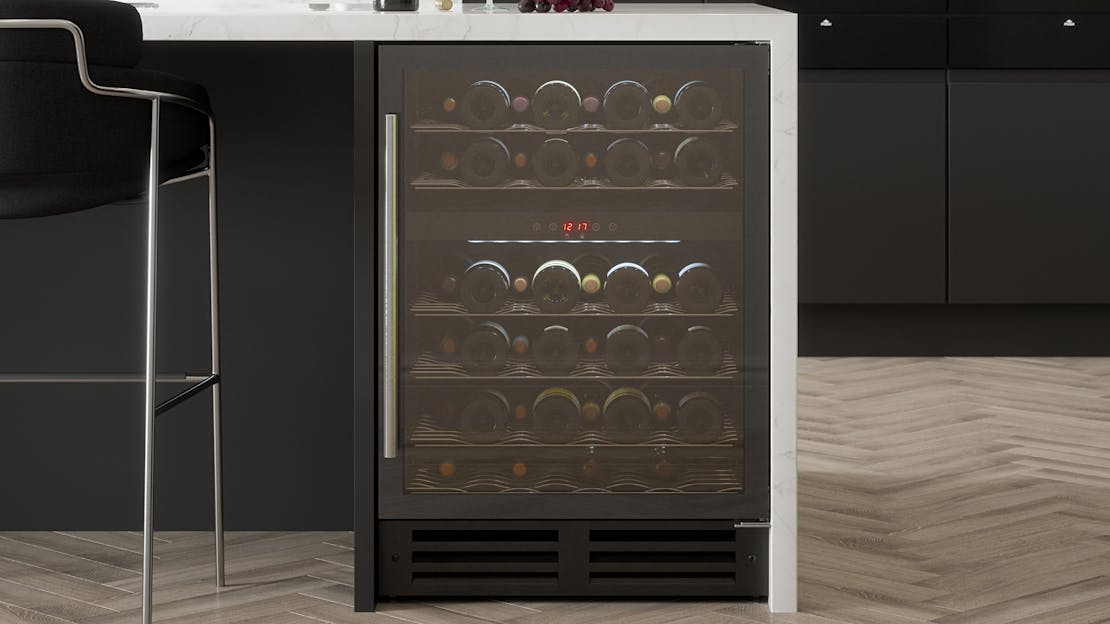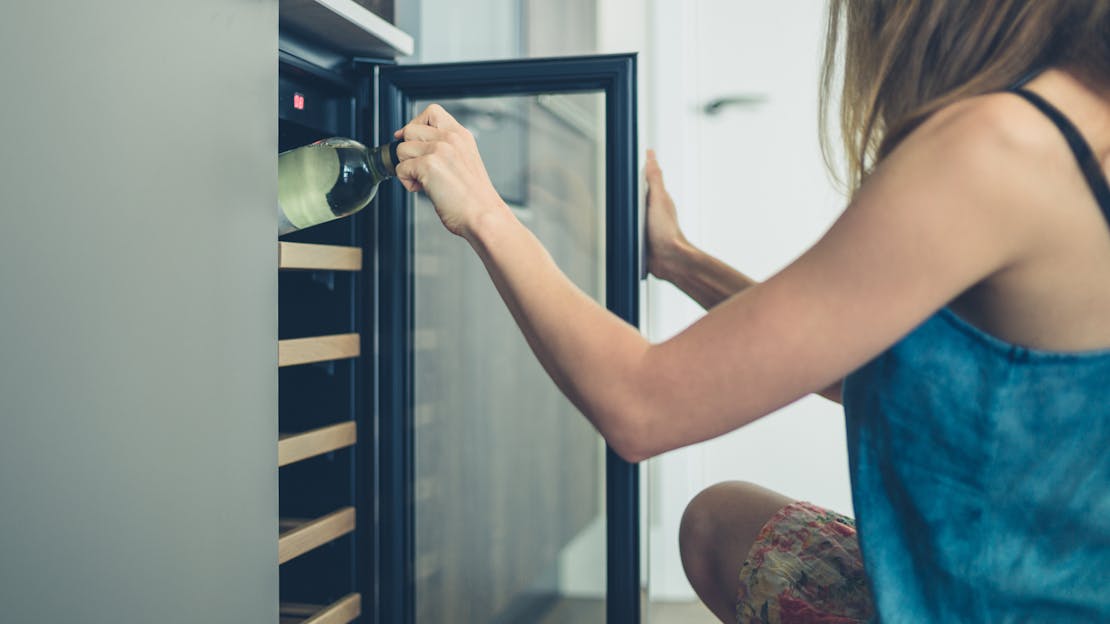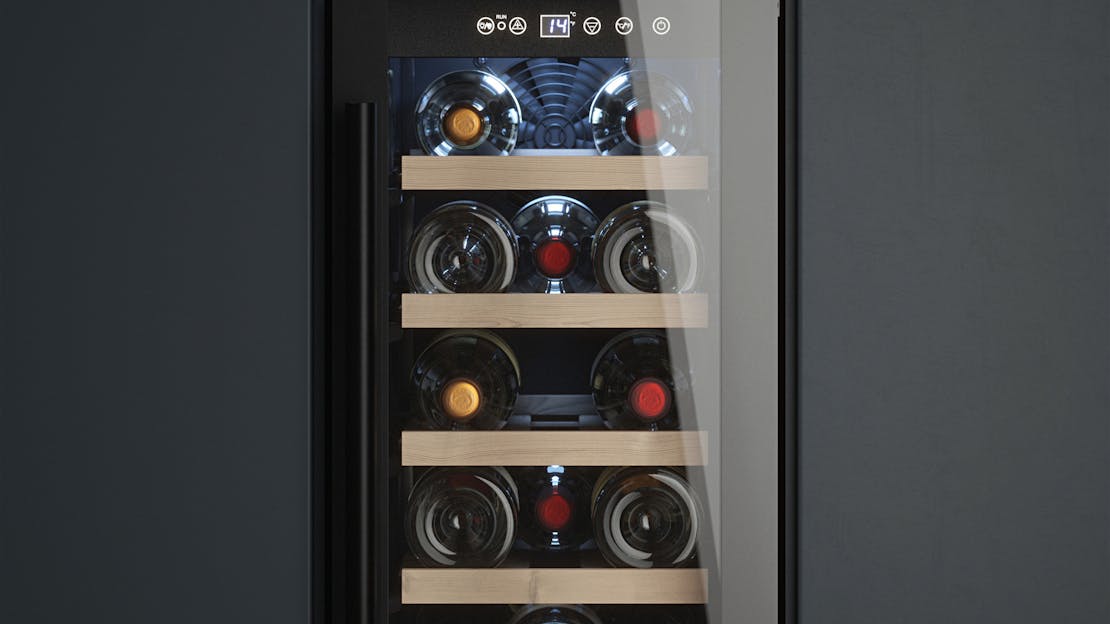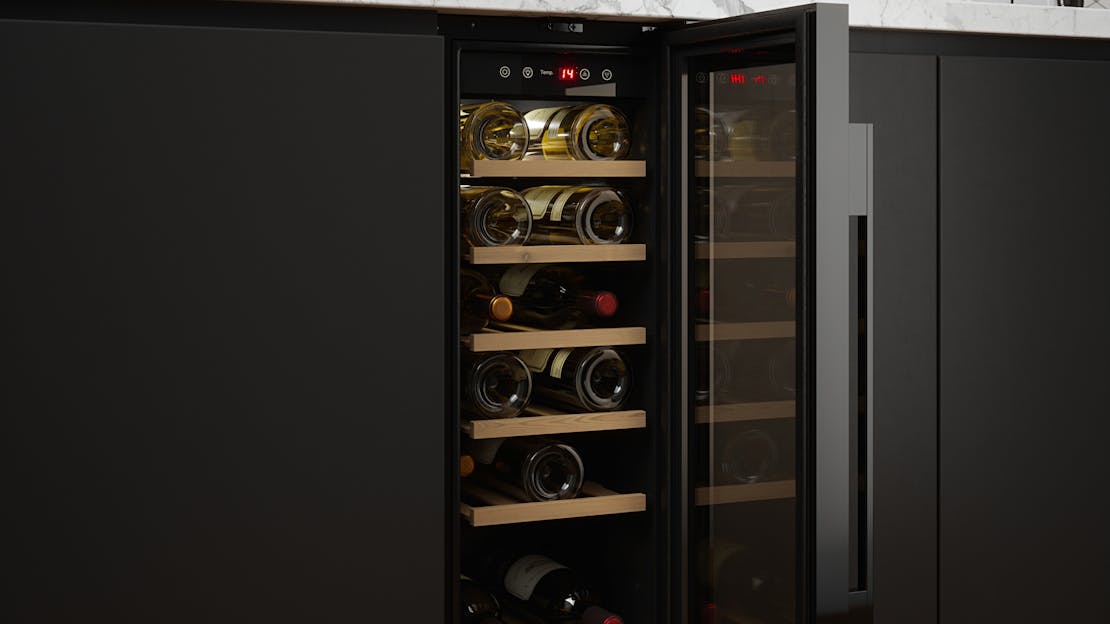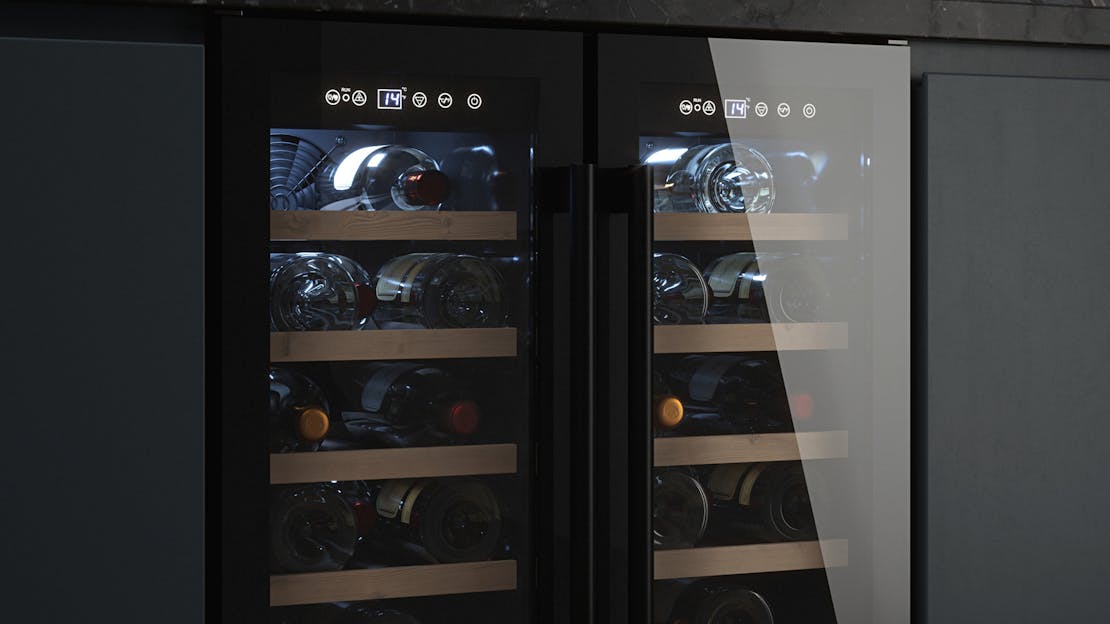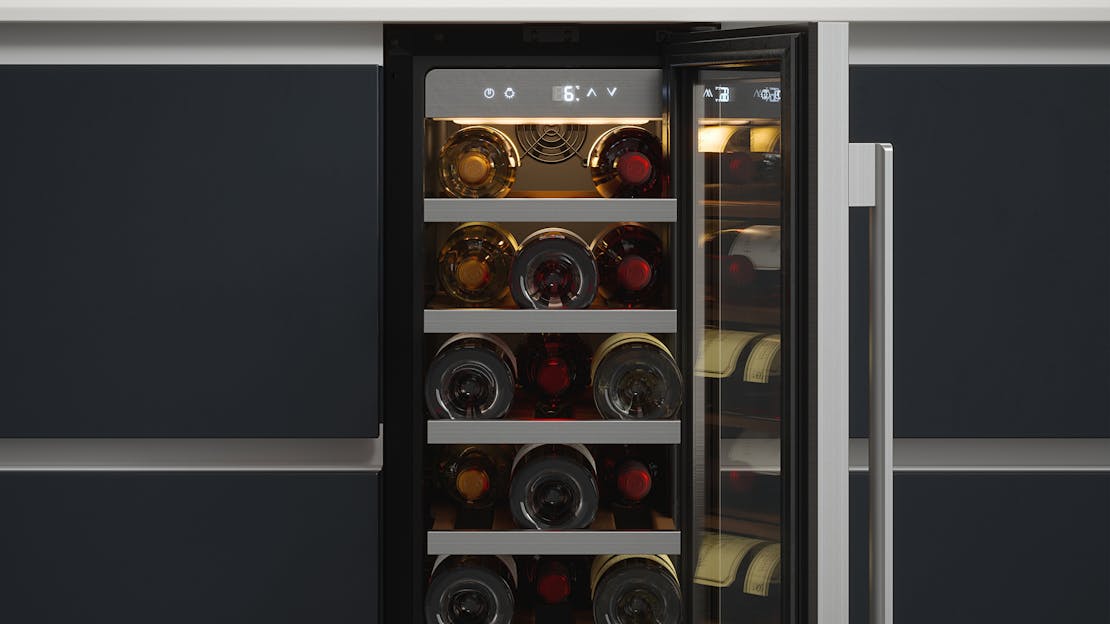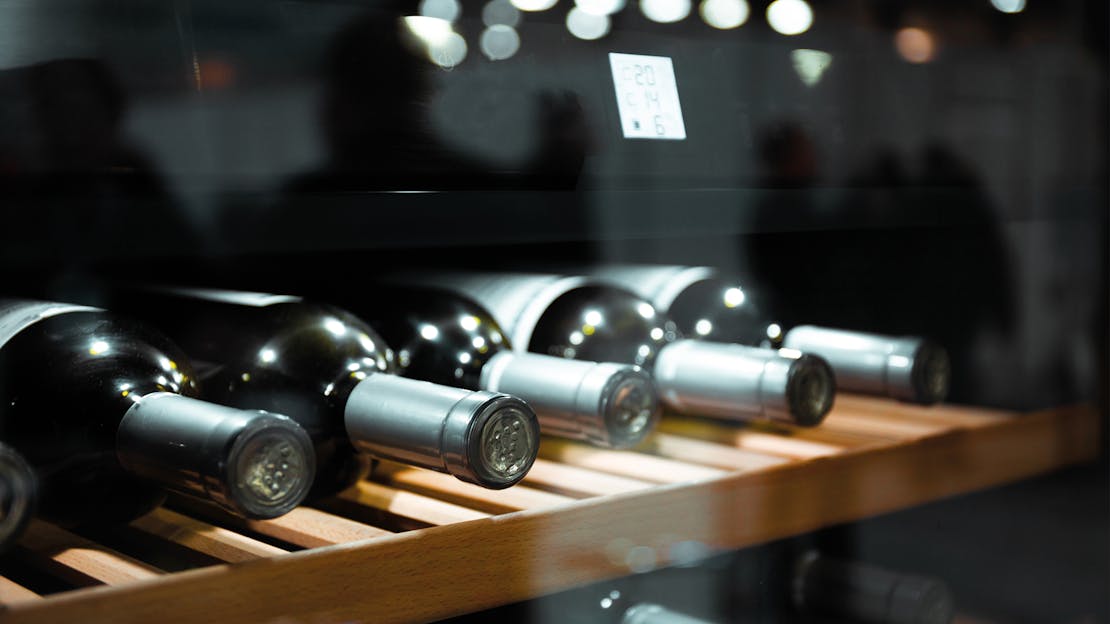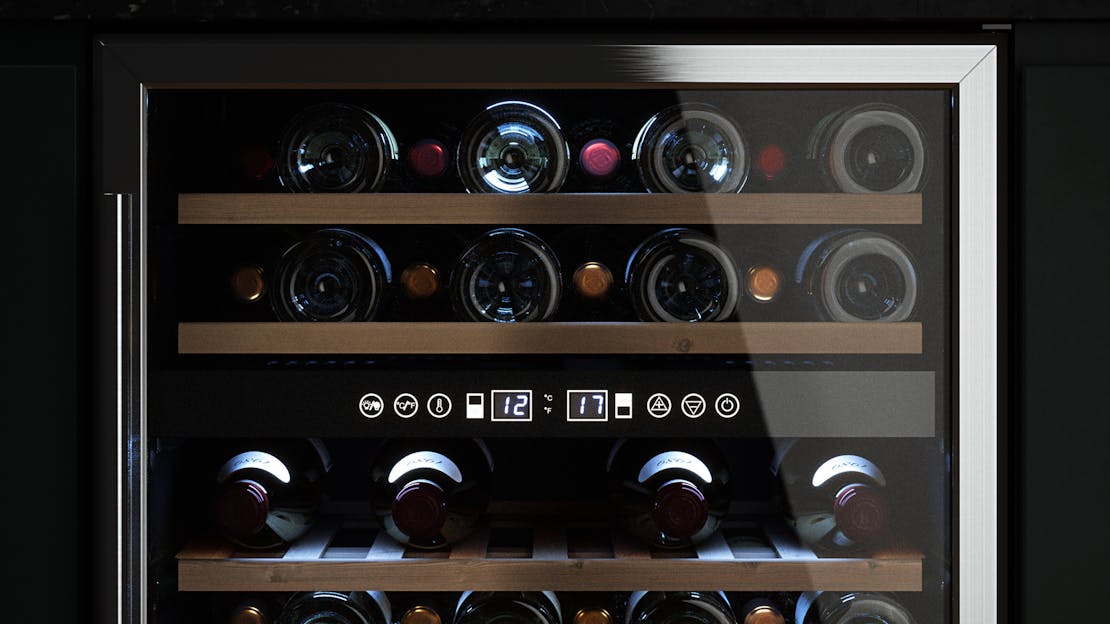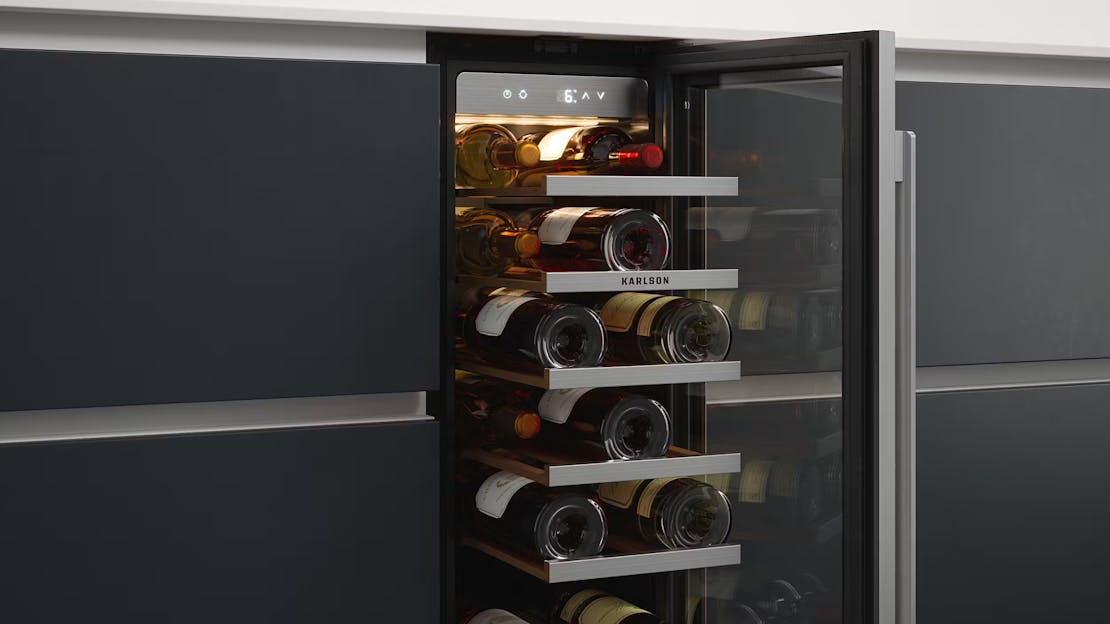
Are wine coolers worth it?
Wine coolers are becoming increasingly popular in homes and businesses, especially among wine enthusiasts keen to preserve their bottles under optimal conditions. But are they truly worth the investment? In this article, we’ll explore the benefits, costs, and key factors that could influence whether a wine cooler is right for you.
Types of Wine Coolers
Before diving into the benefits, it’s essential to understand the main types of wine coolers available, as these variations impact both functionality and cost:
Single-Zone vs Dual-Zone: A single-zone cooler maintains a consistent temperature across the entire unit, ideal for those who store mainly one type of wine, such as red or white. In contrast, dual-zone models allow for different temperatures in each zone, enabling storage of reds and whites at their ideal conditions within the same unit.
Freestanding vs Built-in Models: Freestanding wine coolers offer flexibility, as they can be placed almost anywhere with adequate ventilation. Built-in models, on the other hand, are designed to integrate seamlessly into cabinetry, providing a sleek look in kitchens or bar areas. However, built-in models usually require professional installation, making them a more substantial investment.
Compressor vs Thermoelectric Cooling: Wine coolers use either compressor-based or thermoelectric cooling. Compressor coolers are known for their powerful cooling ability and suitability for larger capacities. Thermoelectric coolers, while quieter and more energy-efficient, are typically best suited for smaller wine collections in controlled environments, as they are sensitive to external temperatures.
Benefits of Wine Coolers
Wine coolers are designed with wine preservation in mind, offering advantages that make them superior to regular refrigeration options:
Temperature Control: Proper temperature is essential for maintaining a wine's flavour, aroma, and structure. Wine coolers keep bottles at a consistent, ideal temperature, usually around 12-18°C for reds and 7-12°C for whites. This precision helps slow the ageing process, so wines develop gracefully over time.
Protection from Light and Vibrations: Wine is sensitive to light and movement, which can disturb its sediment and spoil the taste. Wine coolers have UV-protective glass doors and are designed to minimise vibrations, safeguarding your collection’s quality.
Humidity Control: Wine requires an environment with around 70% humidity to keep corks from drying out and allowing air into the bottle. Many wine coolers offer humidity regulation, which regular fridges lack, making them a safer option for long-term wine storage.
Space-Saving and Organisation: With customisable racks and compact sizes, wine coolers make it easy to store a variety of wines in one dedicated space. This organisation not only makes it easier to locate and serve specific bottles but also frees up regular fridge space for food items.
Cost Considerations
The decision to invest in a wine cooler should account for its upfront cost, energy consumption, and long-term value:
Price Range: Wine coolers come in a range of prices depending on type, size, and features. A small, thermoelectric single-zone cooler may cost under £200, while large, dual-zone built-in models could reach upwards of £1,000.
Long-Term Value: If you frequently purchase high-quality wines, a wine cooler can save money by preventing spoilage and maintaining each bottle’s quality over time. Wine lovers who value their collection’s integrity often find this a justifiable investment.
Energy Consumption: Wine coolers are generally energy-efficient, but the running costs vary depending on size and cooling technology. Compressor models consume more energy but are efficient for larger collections, whereas thermoelectric models are quieter and use less power, ideal for smaller collections.
Who Would Benefit Most from a Wine Cooler?
Wine coolers cater to different needs depending on your approach to wine enjoyment:
Casual Wine Drinkers vs Collectors: A casual wine drinker who buys bottles for immediate enjoyment may find a cooler unnecessary. However, collectors who age wines or keep premium bottles will appreciate the benefits of a dedicated wine storage solution.
Home Entertainers: Those who frequently host gatherings can impress guests with a perfectly chilled bottle ready to serve at any moment, enhancing the entertaining experience.
Trade Professionals: For restaurant and bar owners, wine coolers are essential in maintaining wine quality and satisfying customers. Wine retail businesses can also benefit by showcasing wines at their best.
Common Alternatives
If you’re unsure about the need for a wine cooler, consider the alternatives:
Regular Refrigerator: While convenient, a typical refrigerator keeps humidity too low and has temperature fluctuations due to regular opening, which can harm wine.
Wine Racks: These are fine for short-term storage but offer no control over temperature or humidity.
Temperature-Controlled Wine Cellars: These provide optimal storage conditions, but they require considerable space and investment, making them impractical for most home settings.
Conclusion
Wine coolers offer valuable benefits for those serious about preserving their wines. With options to fit various needs and budgets, they are particularly worthwhile for dedicated wine enthusiasts, entertainers, and businesses that want to maintain wine quality over time. If your wine collection is a cherished investment, a wine cooler can be an excellent choice for protecting and enjoying it to the fullest.
Everything you need to know about Wine Coolers
Everything you need to know about Wine Coolers
Wine coolers have become an essential addition to the homes of wine enthusiasts and connoisseurs. They provide the perfect storage and serving conditions for your favourite bottles of wine, ensuring that each sip is as delightful as the last. In these articles, we'll explore everything you need to know about wine coolers, from their types and features to tips on choosing the right one for your needs.
![The Ultimate Wine Cooler Buying Guide]()
Check out our ultimate guide to wine coolers. Whether you're a wine enthusiast, a budding collector, or simply someone who enjoys a perfectly chilled glass of wine, this comprehensive guide is here to provide you with all the information you need to make the most out of your wine cooling experience.
![Wine Cooler Buying Guide]()
Indulge in the world of wines, whether you're a seasoned sommelier or simply enjoy the occasional sip. Our comprehensive wine cooler buying guide is here to assist you in discovering the perfect cooling solution for your prized wine collection.
![Why choose a wine cooler?]()
Whether you're a seasoned wine enthusiast or just starting your journey into the world of wine, a wine cooler can be an invaluable addition to your collection. In this guide, we'll explore the key reasons why a wine cooler is worth considering.
![Are wine coolers worth it?]()
In this article, we’ll explore the benefits, costs, and key factors that could influence whether a wine cooler is right for you.
![Is a wine cooler the same as a fridge]()
Wine coolers are typically equipped with temperature controls that allow you to set and maintain a specific temperature range, usually between 5°C and 18°C, which is ideal for preserving and aging wine.
![Wine Cooling Tips & Hacks]()
In this article we cover some wine cooling tips to help you enhance your wine storage and serving experience. You'll be well-equipped to store and serve your wines in the best possible conditions. Cheers to a delightful wine experience!
![6 Main Benefits Of A Wine Cooler]()
A wine cooler is a specialised appliance designed to store and preserve wine under optimal conditions. In this article, we'll explore six main advantages of owning a wine cooler.
![What is a wine cooler?]()
This article will delve into the commonly used term "wine cooler" and its significance.
![FAQ - Wine Coolers]()
Whether you're new to wine coolers or looking to upgrade, this FAQ will guide you through everything you need to know.

